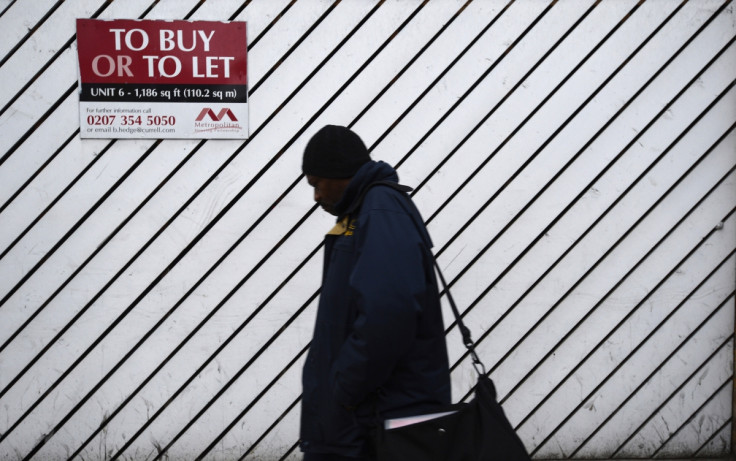London rents approach 'affordability ceiling' as growth slows to near two-year low

London's soaring rents are growing at their slowest pace for almost two years, amid talk of them reaching an "affordability ceiling". Rents in the city are far higher than elsewhere in the UK because of both a shortage of housing and high demand from a growing population. HomeLet said in its rental index that the average Greater London rent grew by 6.2% to £1,510 in the three months to January 2016, its lowest since March 2014. The figure is based on new tenancies signed during those months.
"It's notable that there has been a further fall in the rate at which average rents in the Greater London area are rising," said Martin Totty, chief executive of Barbon Insurance Group. "In recent years, the capital has seen much faster rates of increase than the rest of the country, but it may be that an affordability ceiling has now been reached in London and rents will now track other parts of the UK more closely."
The UK average – excluding Greater London – grew 5.5% to £740, a slight uptick. The fastest growing region for rents was the south east of England, where the average rose 7.2% to £933. The only region to see falling rents was the north west, where the average dropped 3.4% to £624.
"The fact that UK-wide average rents in the private rented sector continue to show sustained upwards growth reflects there is still strong demand for rental properties, driven mainly by the impact of the long-term structural imbalance in supply and demand of property," Totty said. "Landlords achieving higher average rents over time also suggests that tenants starting a new tenancy are proving they can afford higher average rents – with demand outstripping supply, some would-be tenants may be able to outbid rivals for properties, which could drive higher rents."
Landlords have been the target of a number of tax hikes by Chancellor George Osborne, who wants to increase home ownership by helping first-time buyers onto the property ladder. From April 2016, buy-to-let investors face an extra 3% on top of normal stamp duty rates for the purchase of additional property. They have already been stripped of a relief allowing them to offset their mortgage interest payments against their income tax bills. Some landlords have suggested they will quit the market because of the changes, freeing up property for first-time buyers.
© Copyright IBTimes 2025. All rights reserved.




















